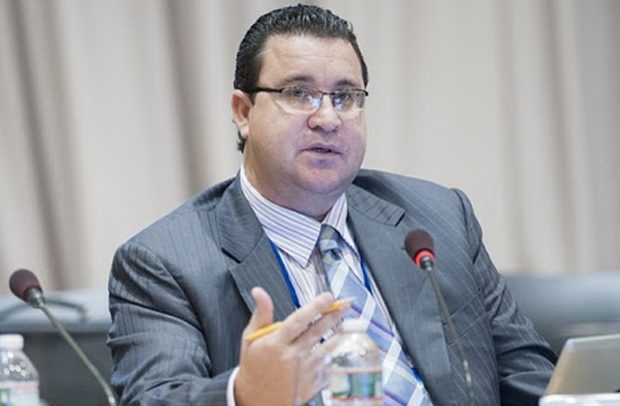Pierre Laporte, World Bank Country Director
THE WORLD Bank’s recent report on Ghana’s Climate Development Report (CCDR) 2022 has estimated that at least one million more people could fall into poverty due to climate shocks, if urgent climate actions are not taken.
The report, launched in Accra yesterday, said the analysis calls for pursuing a development pathway that builds resilience to climate change and fosters a transition to low carbon growth.
Indicating that a climate-resilient and low-carbon pathway could turn climate challenges into development opportunities and deliver social and economic benefits at scale, the report identified six priority areas for Ghana.
These include adopting an integrated approach to agriculture and environmental management by fostering integrated landscape management, promoting climate-smart agriculture, and supporting adaptation of coastal communities;
building sustainable cities and resilient infrastructure systems through better urban development, enhancements in resilient mobility infrastructure and services, and improved waste management; and boosting disaster risk preparedness through early warning systems, better national financial preparedness against climate shocks, and adaptive health and social protection systems.
Others include realising new opportunities for managing forest resource as an asset for climate resilience, including for carbon sinks focusing on reversing deforestation and cleaner cooking; promoting a transition to clean energy by scaling up renewable energy sources and strengthening regional energy markets; and modernising transport systems by, among others, improving public transportation and updating vehicle standards.


